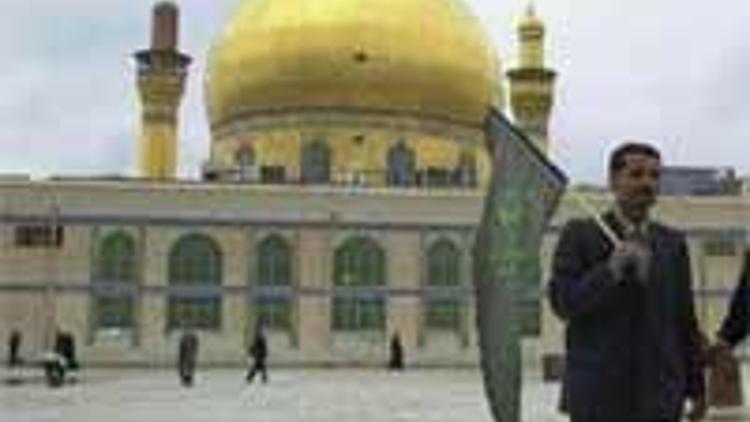Turkey condemns attack on Shiite holy shrine
Güncelleme Tarihi:

Turkey strongly condemned the bombing of an Iraqi Shiite holy shrine on Wednesday, but called on Iraqi Shiite Muslims to restrain from revenge. In a statement issued by the Turkish Foreign Ministry said that the aim of those who were staging terrorist attacks was to launch a sectarian and ethnic conflict.
The ministry added that, "This conflict could be overcome only if people were not affected by inhumane provocations, did not retaliate, and improve national harmony." Following the attack tens of thousands of Shiites took to the streets in Iraqi cities including Baghdad, Samarra, Najaf and Karbala to protest the attack.
Iran also condemned the attack. Iranian Foreign Ministry spokesman Hamid- Reza Asefi was quoted by the official IRNA news agency as saying, "The bombing was a brutal, anti-Islamic and inhuman act. Such terrorist acts run counter to religious and divine values and stirred up hatred among Muslims." Asefi added that Iran was confident that such acts could "not harm the strong will of Muslim Iraqi people and their national unity and solidarity and unity of Islamic nations as well."
Later, Iranian Supreme Leader Seyed Ali Khamenei announced one week of national mourning to mark the incident but called on Shiite Muslims worldwide to exercise self-restraint.
Earlier Wednesday, the holy Shiite mosque of Ali al-Hadi in Samarra, which contains tombs of the 10th and 11th of the Shiite's twelve most revered Imams, was attacked with its golden dome badly damaged.
In retaliation, eight Sunni mosques in Baghdad came under attack, further escalating the sectarian tension.

